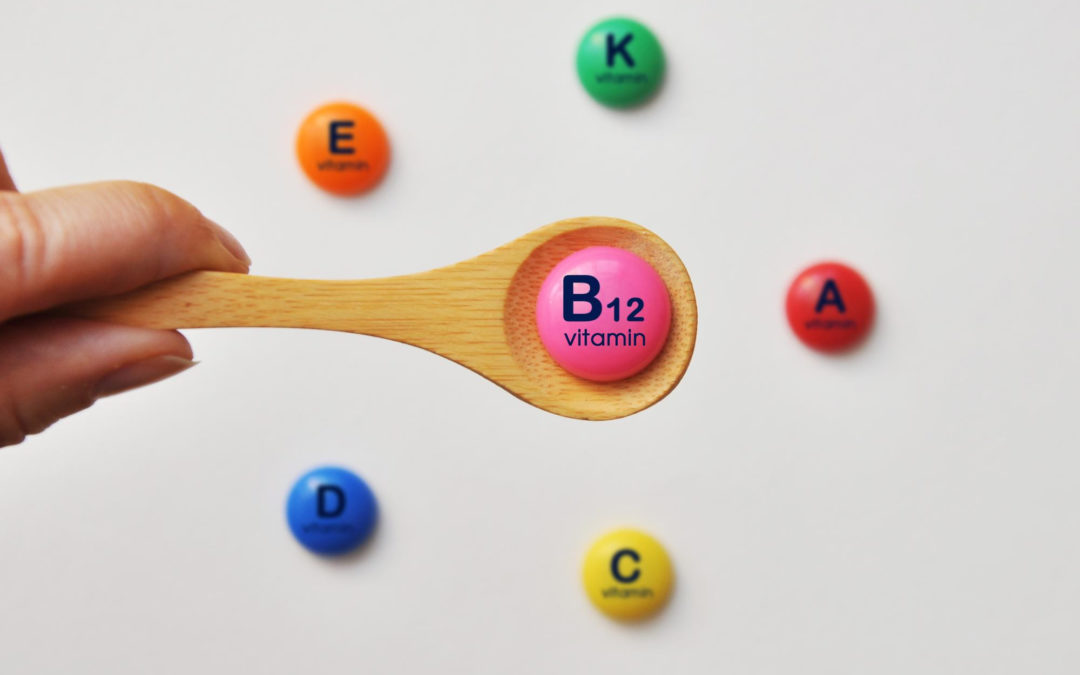Ensuring that your body has an adequate supply of vitamins is essential for maintaining good mental health and overall well-being. Mental health is a complex issue that can be influenced by a variety of factors, including genetics, environment, lifestyle, and nutrition. In particular, vitamin deficiencies can have a significant impact on mental health and can cause symptoms such as depression, anxiety, and brain fog.
One of the most important vitamins for mental health is B vitamins. B1 (thiamine), B6 (pyridoxine), and B12 (cobalamin) play a crucial role in brain function and the synthesis of neurotransmitters, which are chemicals that transmit signals between brain cells. A vitamin deficiency in B vitamins can lead to a decrease in neurotransmitter production, which can cause mood swings, depression, and anxiety.
In addition to B vitamins, other vitamins such as vitamin D, vitamin C, and omega-3 fatty acids have been shown to have a positive effect on mental health. Vitamin D helps regulate the immune system and influences the production of serotonin, a neurotransmitter that is often referred to as the “feel-good hormone.” Vitamin C helps reduce stress levels, while omega-3 fatty acids support brain health by providing essential building blocks for brain cells and reducing inflammation.
The best way to ensure that your body has an adequate supply of vitamins is by eating a balanced diet that includes a variety of nutrient-rich foods. This includes plenty of fruits and vegetables, whole grains, lean proteins, and healthy fats. For example, leafy greens, nuts, and seeds are rich in B vitamins, while fatty fish such as salmon and mackerel are good sources of omega-3 fatty acids.
Testing for vitamin deficiencies is important because it helps to identify nutrient imbalances that can lead to serious health problems. A vitamin deficiency can cause a range of symptoms, from fatigue and muscle weakness to more serious conditions such as anemia and neurological disorders. Early detection and treatment of a vitamin deficiency through testing can prevent the progression of these symptoms and reduce the risk of long-term health complications. Additionally, testing can also help healthcare professionals determine the right course of treatment and make personalized nutrition recommendations to support optimal health.
In some cases, people may benefit from taking a daily multivitamin to help fill any gaps in their diet. However, it’s important to note that while supplements can be helpful, they should not be seen as a replacement for a healthy diet. Additionally, taking high doses of certain vitamins can be harmful, so it’s essential to talk to your doctor before starting any new supplement regimen.
At the end of the day, a balanced diet that includes a variety of nutrient-rich foods, along with regular physical activity and adequate sleep, can help maintain good mental health and overall well-being. By ensuring that your body has an adequate supply of vitamins, you can support the functioning of your brain and improve your mood and mental state. It’s still vitally important to seek professional medical advice if you are experiencing persistent mental health problems, as supplements may not be enough to treat underlying conditions.
Contact JoyDeVie Infusions
Contact JoyDeVie for more information on IV hydration therapy for overall health and wellness. IV vitamin drips can address immune system health, energy levels, athletic recovery and more.

